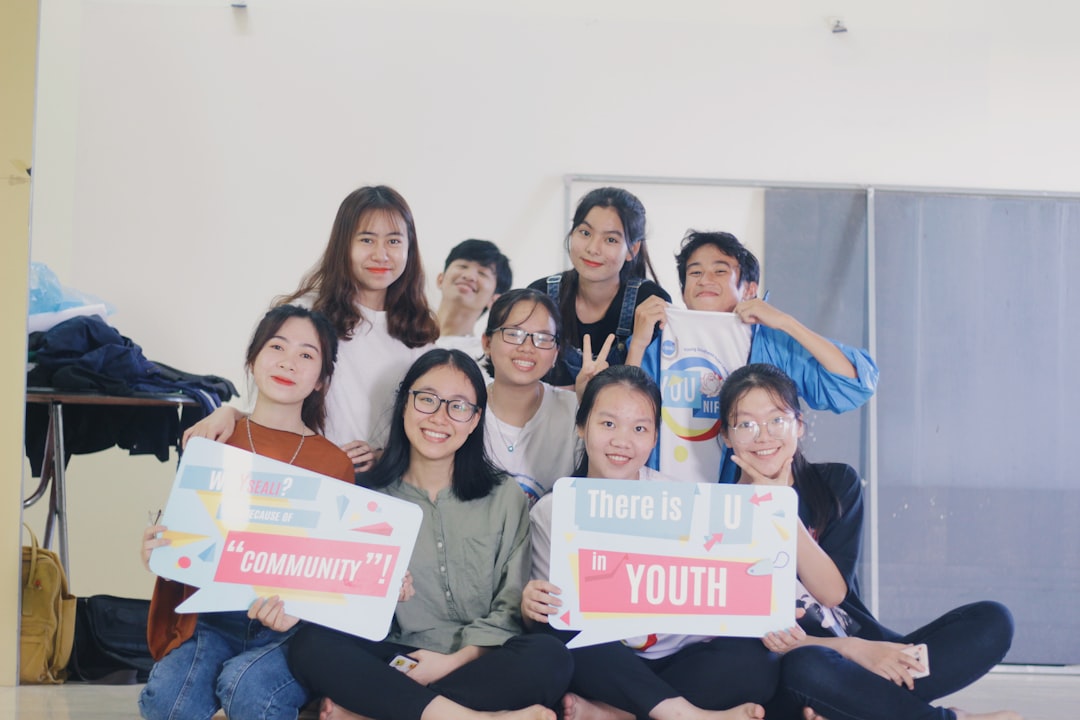What is it about?
This article reports the results of an experimental study on the effectiveness of mobile technology (WhatsApp) in improving the critique writing skills of English as a Foreign Language learners and increasing their motivation for learning. The participants (n = 52) are Average-English proficient learners enrolled in two writing courses given at two English-medium universities. The study employed the factorial mixed methods pretest-posttest control group experimental design whereby two intact Sophomore Rhetoric classes were randomly assigned to control and experimental conditions. The experimental conditions included the integration of the WhatsApp application into the experimental group class, whereas participants in the control group were given the regular Sophomore Rhetoric instruction with no WhatsApp mediation. Descriptive statistics (means and standard deviations) and two Analysis of Covariance (ANCOVA) tests were used to address the questions raised in the study. Qualitative data using 2 questionnaires including open-ended question and quantitative data using Pretests and posttests were collected. Results indicated that the use of the WhatsApp mediation was more effective than the regular instruction in improving the critique writing proficiency of the participants and in increasing their motivation for learning.
Featured Image
Why is it important?
There is scarce or non-existent research investigating the effectiveness of using the WhatsApp in enhancing the critique writing skills and knowledge of the university students. As such, the researcher has decided to conduct a research project employing qualitative and quantitative methods. A questionnaire consisting of questions was used along with the two achievement tests have been structured and carried out with the learners while using the application in order to communicate with each other and with the instructor. Specifically, the study addressed the following hypotheses: H1: There is a statistically significant difference between the control group and the experimental group at the 0.05 alpha levels regarding the critique writing test scores of students. H2: There is a statistically significant difference between the control group and the experimental group at the 0.05 alpha levels regarding the attitudes of students toward learning. (1) What is the relative effect of using the WhatsApp mediation in comparison with the standard critique writing instruction in improving the critique writing proficiency of EFL university learners? (2) What is the relative effect of using the WhatsApp mediation in comparison with the standard critique writing instruction in improving the perceptions of EFL learners university toward critique writing?
Perspectives
The study was framed within the theories of Active learning, Activity, Community Sharing and Learning Communities which posit that the collaboration promotes Learning. WhatsApp learning fosters the online community teaching and learning among learners who collaborate while participating in course activities. As such, the WhatsApp mediation promotes the construction and dissemination of knowledge among the collaborating and interacting learners through collaborative learning activities (Bielaczyc & Collins, 1999). WhatsApp mediation helps the learners to get them inquires quickly answered while participating in a supportive, interactive, and collaborative community (Rovai, 2002). Activity theory also forms a framework for the present study since the experimental group participants could construct and analyze interactions among the learners who might utilize the expediters which impact their participation in online discussion. Activity theory could assist the researcher to identify key factors that determine students’ needs to involve in online discussion. The researcher employs the activity theory to investigate learner–phone interactions, set a conceptual framework in the field of mobile technologies in general and WhatsApp mediation in particular in an attempt to label and examine the structure, progress and context of the recommended activities facilitated by WhatsApp such as the communication of text messages, visuals, videos and word files.
Dr. Ghada M. Awada
American University of Beirut
Read the Original
This page is a summary of: Effect of WhatsApp on critique writing proficiency and perceptions toward learning, Cogent Education, December 2016, Taylor & Francis,
DOI: 10.1080/2331186x.2016.1264173.
You can read the full text:
Contributors
The following have contributed to this page










